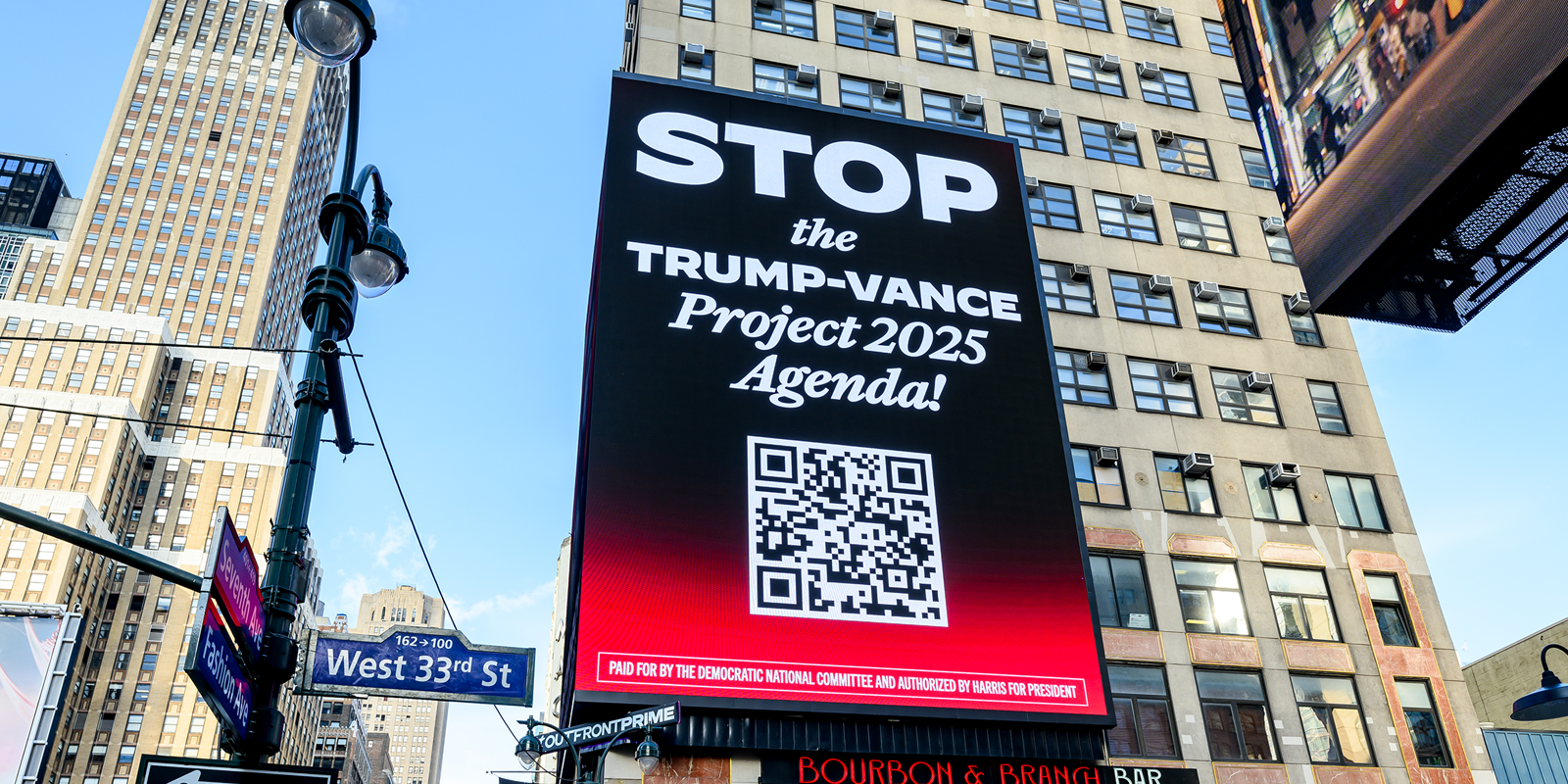There are countless ways Donald Trump’s Project 2025 would harm working Americans.
From destroying our economy, gutting health care and retirement benefits to eliminating our voice on the job, the 900-plus page roadmap for a second Trump term outlines a path that would transform the federal government and take power away from working people.
A new analysis by EPI Action, a nonpartisan advocacy organization, puts a price tag on one particular piece of the extremist Project 2025 agenda: banning public sector unions like AFSCME.
“If such attacks led to even a 50% reduction in the share of public-sector workers covered by a union contract, it would cost U.S. workers roughly $77 billion annually in lost wages and benefits — and the harm would not just be confined to the workers losing union coverage,” the analysis’ authors conclude.
EPI Action’s calculation looks at two things. The first: union workers who would be directly harmed by a ban on public sector unions. That number comes to more than 3.9 million workers who benefit from the wages and benefits unions provide. If their unions were taken away? “This would constitute roughly $37.9 billion in lost wage and benefit income,” according to the analysis.
Second, there’s what the authors call a “spillover” effect, which would be just as damaging as the direct effect of a ban on public sector unions. Workers who remained unionized would see their wages shrink due to the growing number of nonunion workers who could replace them. The price tag there? $7.2 billion.
And even nonunion workers would suffer because they benefit from what the authors call the union “threat” effect — the ability of unions to raise the wages of nonunion workers in an industry.
The auto industry, the authors suggest, is a good example of this. On the heels of a UAW victory in 2023, nonunion car makers gave their workers a raise.
The price tag of a diminished threat effect would be $31.8 billion.
In total, then, a ban on public sector unions would cost workers about $77 billion. That’s a price tag too steep for the country to pay.
